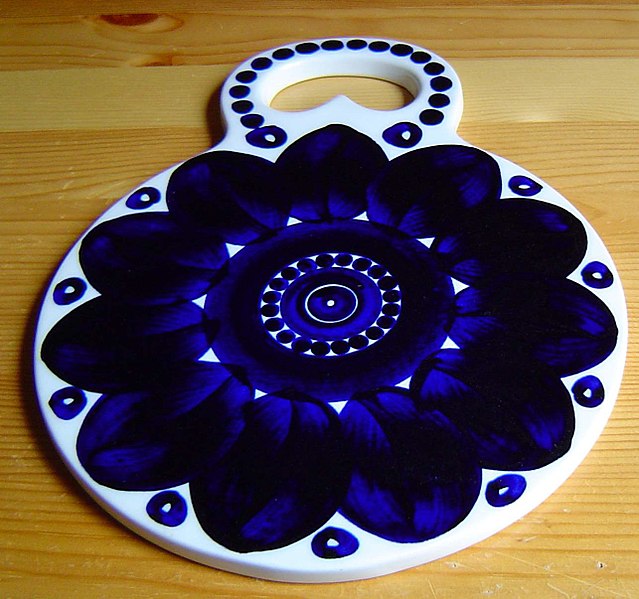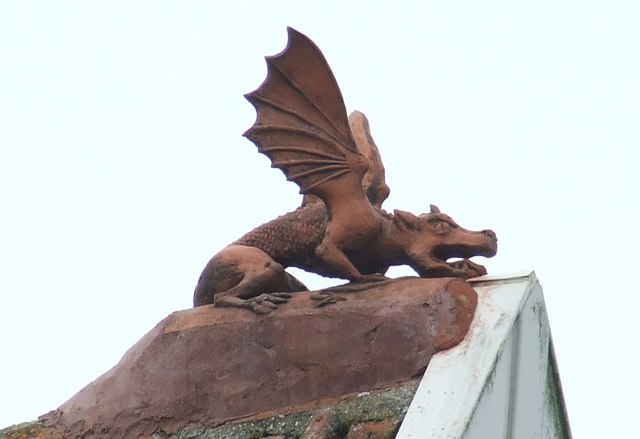I suppose this gives him the right to throw his weight around a bit, but I was surprised to see him making a fuss about the need to ban short sentences.
Ban short sentences? What's wrong with lines like Reader, I married him?*
Or:
Let's have the tongs and the bones.**
Or:
Have you ever seen Spode eat asparagus?***
In fact the whole idea of banning short sentences is utter nonsense, and I think that Rory Stewart should stop pontificating about literature and stick to his job, paid for by the British tax payer, as Minister of State for Prisons...
...oh.
Word To Use Today: sentence. The Latin word sententia means a way of feeling, from sentīre, to feel.
*Yes, all right, you know that one.****
**Yes, yes. Of course you do.*****
***Got you? It's from The Code of the Woosters, by PG Wodehouse.
****But just in case, it's from Jane Eyre by Charlotte Bronte.
*****And that's Bottom in A Midsummer Night's Dream.























